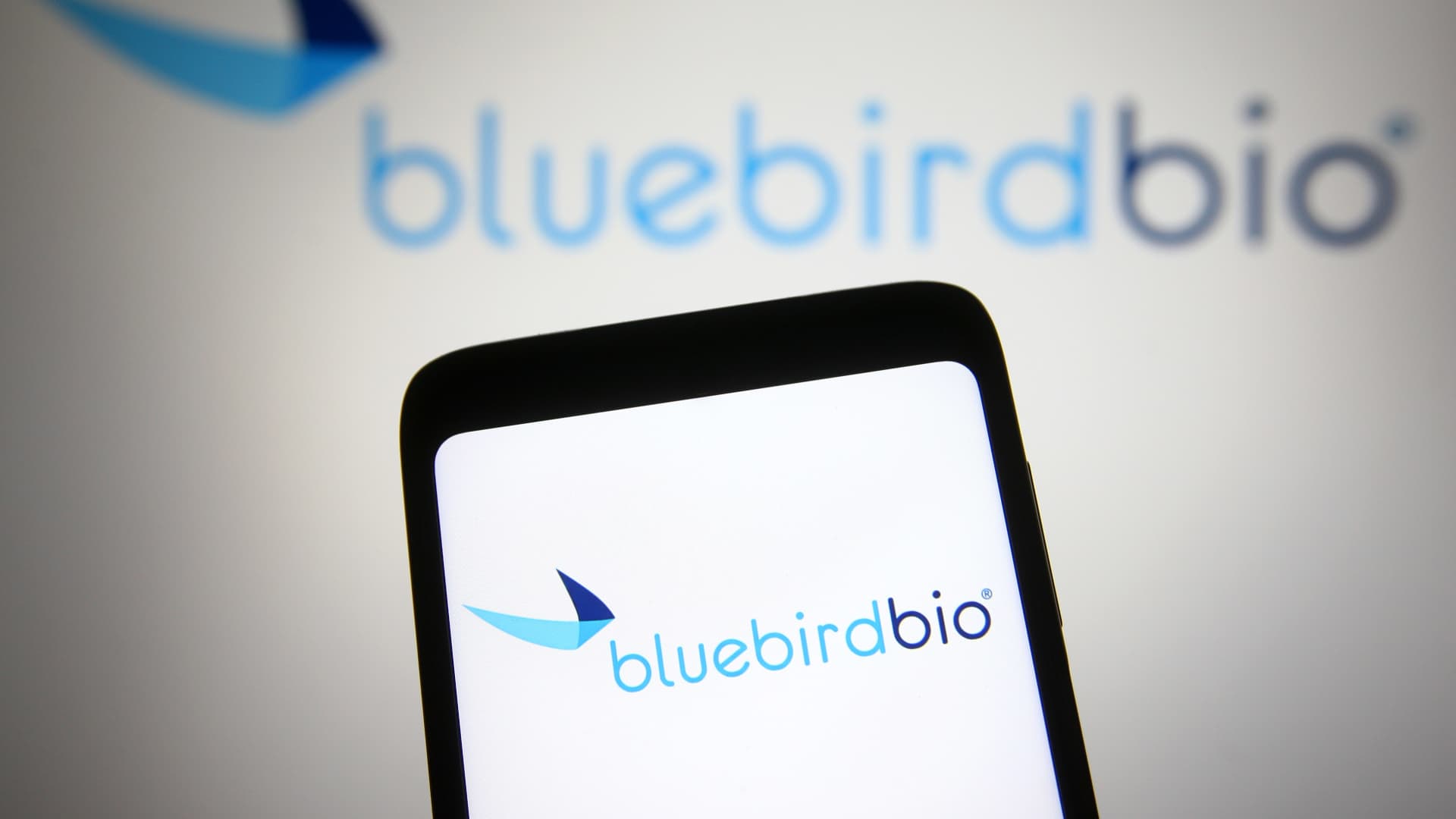
Shares of biotech company bluebird bio should double in the coming year, thanks to its treatments for sickle cell disease, a genetic blood disease and a rare genetic brain condition, according to Baird. The Wall Street firm initiated coverage of the stock on Monday with an outperform rating and $10 price target, which implies 104% upside from Monday’s close. “Bluebird’s treatments clearly provided patients with transformative benefits in their clinical studies, and we believe that the current near-term consensus estimates are quite conservative, especially given the high price tags of these treatments,” analyst Jack Allen wrote in a note to clients. Its “transformative” lovo-cel gene therapy for sickle-cell disease appears poised to launch in late 2023 and should benefit from the roughly 3,750 patients expected to seek treatment for the disease, he said. “At a price of $1.5M per patient, ~35% market share could result in peak lovo-cel sales of over $600M three years into the launch as a bolus of prevalent patients is treated (which compares favorably to 2026 consensus sales of ~$300M),” Allen said. BLUE YTD mountain bluebird bio’s year-to-date performance Meanwhile, its launch of Zynteglo, approved in August 2022 for the treatment of transfusion-dependent beta-thalassemia (TDT), should also beat analysts’ expectations, he said. The company’s management said in January that 40 patients had initiated benefits verification for Zynteglo during the last three months of 2022. Analysts are expecting $70 million in sales for bluebird in 2023, which assumes 25 patients treated across both Zynteglo and Skysona, its treatment for childhood cerebral adrenoleukodystrophy (CALD), Allen said. “Further, we note that bluebird’s Zynteglo is likely to have about a one-year commercial head start as compared to a competing product from CRISPR/Vertex, which could be crucial as it relates to gaining access to the prevalent patient population before these patients have been exposed to a one-time cell therapy,” he said. Lastly, Baird expects the use of bluebird’s Skysona treatment for CALD, which was approved in September 2022, to increase significantly in the coming years. The under-the-radar stock, which has a market cap of over $500 million, is down about 29% this year, as of Monday’s close. — CNBC’s Michael Bloom contributed reporting.





